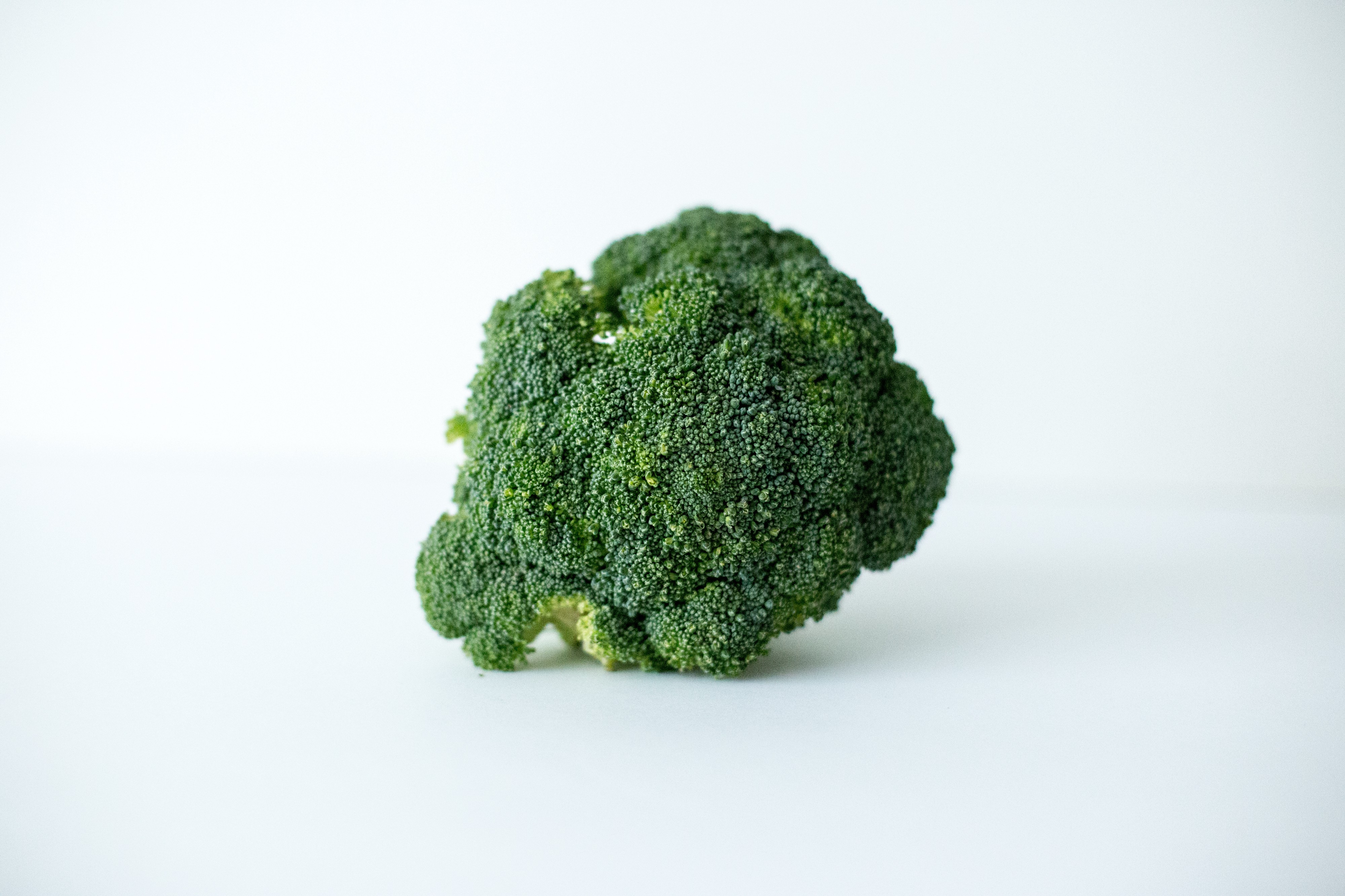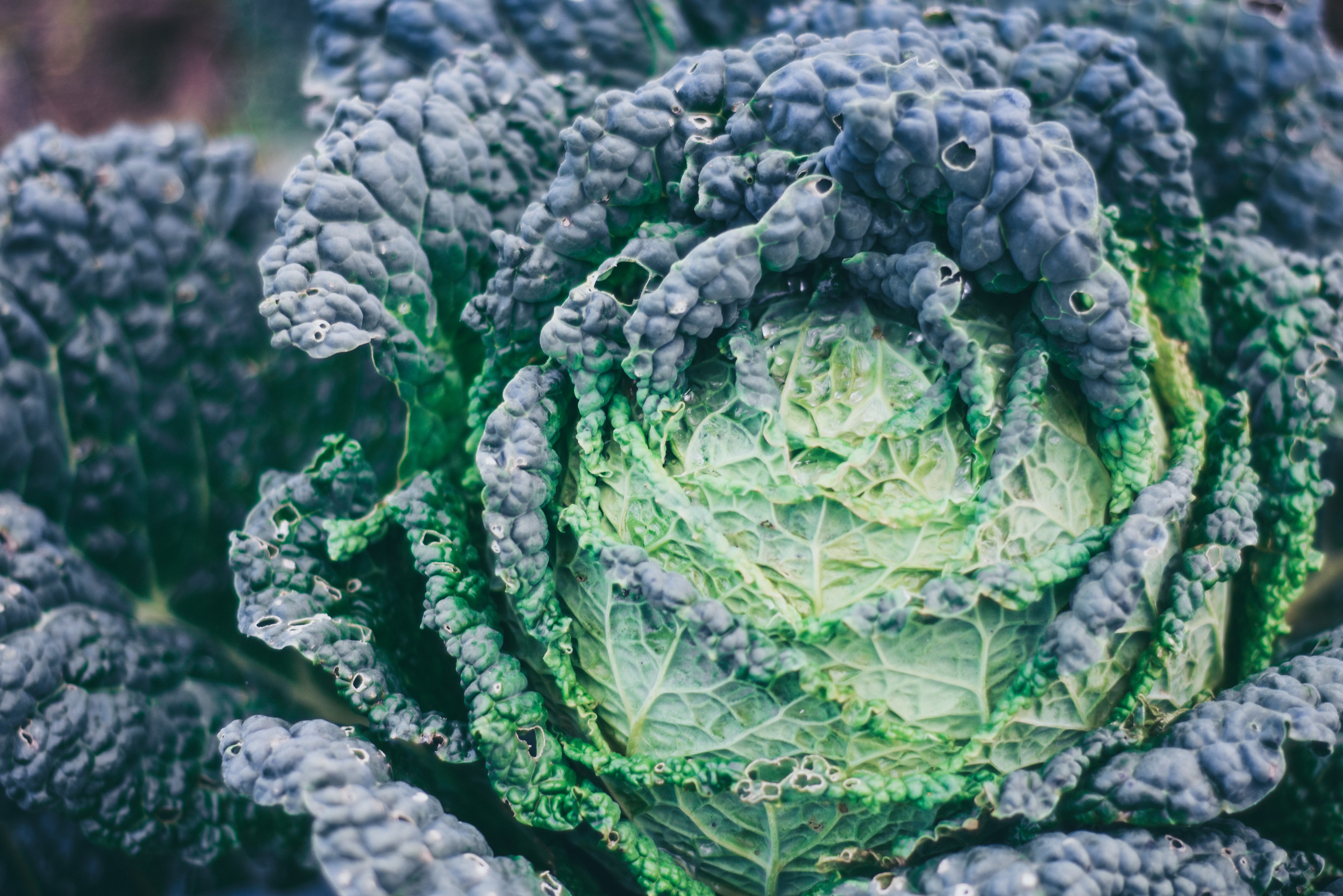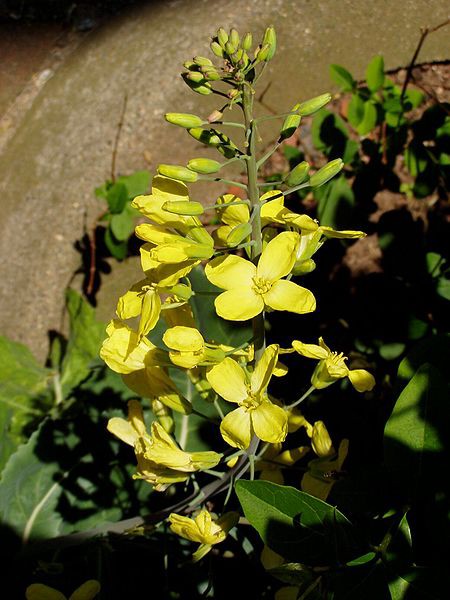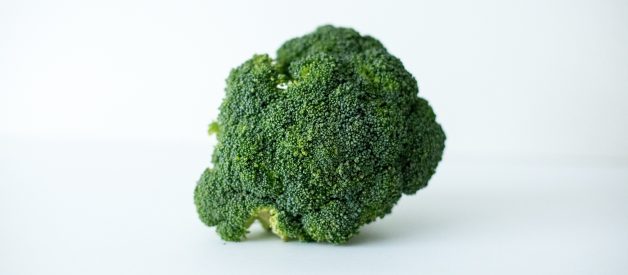Where the ancient Romans obtained this food, and why you?ll never find it in the wild
 Broccoli. Look at it, so green. It?s like it?s mocking me, with its? greenness. I?ll eat it, maybe sauted with some garlic. That?ll teach it to mock me. Photo by Leilani Angel.
Broccoli. Look at it, so green. It?s like it?s mocking me, with its? greenness. I?ll eat it, maybe sauted with some garlic. That?ll teach it to mock me. Photo by Leilani Angel.
Broccoli?s an interesting food. Kids hate it, adults love it. It?s used in a wide variety of dishes, ranging from Italian to Chinese, and it?s one of the vegetables that consistently appears on lists of ?superfoods.?
One strange fact about broccoli, however: you?ll never find it growing in the wild.
What happened to wild broccoli? Did it go the way of Silphium, an exotic plant that was widely grown and consumed in Roman times but went entirely extinct? Have we destroyed its native habitat? Or does it come from an exotic location where no one thinks to look?
The answer, it turns out, is none of the above.
Broccoli Has A Lot of Vegetable ?Cousins?
 Cabbage. Doesn?t look like broccoli, but it?s super closely related. Like me and my cousin who somehow got every tall gene and is six and a half feet tall. Photo by Emile Guillemot.
Cabbage. Doesn?t look like broccoli, but it?s super closely related. Like me and my cousin who somehow got every tall gene and is six and a half feet tall. Photo by Emile Guillemot.
What do broccoli, cabbage, Brussels sprouts, kale, cauliflower, kohlrabi, and mustard greens all have in common?
They?re all closely related to each other ? and we made all of them from the same original plant.
All of these different vegetables derive from a single plant, native to the Mediterranean, with the scientific name Brassica oleracea italica. This plant, commonly known as ?wild cabbage?, was first discovered and consumed more than two thousand years ago by the ancient Etruscans, a group of people living in Italy who eventually launched the Roman Empire.
The Etruscans were skilled plant breeders. They prized the wild cabbage plant for its hardiness and tolerance of salt, but the plant produced only small flowering buds, and it only produced these buds once every two years. The Etruscans selectively bred these plants, creating offspring that produced buds more often and grew larger leaves, providing more bulk to eat.
 Wild cabbage. Those flower buds will, after many years of selective breeding, become broccoli (or Brussels sprouts, or cauliflower). Crazy how nature do that. Picture from Wikipedia Commons.
Wild cabbage. Those flower buds will, after many years of selective breeding, become broccoli (or Brussels sprouts, or cauliflower). Crazy how nature do that. Picture from Wikipedia Commons.
The oldest domesticated vegetable from this plant was kale, which had larger leaves and started appearing around 500 B.C.E.
Further selection led to kale plants with a tighter bunch of leaves around a central bud ? cabbage ? around 100 C.E.
Europeans continued breeding this plant, but preferred the taste of the immature buds, rather than fully grown leaves. This led to selection for plants that grew a large crown of small, immature buds ? cauliflower and broccoli.
Finally, continued breeding in Belgium pushed for more buds spread out on a large stalk ? Brussels sprouts.
Broccoli Today
Today, most of the broccoli that we consume comes from China and India. Combined, the two nations produce more than 70 percent of all the broccoli that?s consumed worldwide.
It?s a great food to eat ? it contains high levels of vitamins C and K, fiber, vitamins E and B6, and potassium (as much potassium as a banana!). Steam it or sear it in a cast iron skillet with some garlic, kosher salt, and a bit of bacon for extra fat, and it?s delicious.
Interestingly, there?s a new, hybridized form of broccoli, known as Beneforte, which contains higher levels of a glucosinate called glucoraphanin. This compound is believed to reduce cholesterol levels and increase cellular metabolic activity. Beneforte broccoli wasn?t genetically modified through the insertion of foreign genes, unlike GM corn or wheat, but by cross-breeding two varieties of broccoli.
Would you consider broccoli to be genetically modified, as it never existed in the wild and came from selective breeding? Or is this superfood still totally natural?
Sam Westreich holds his PhD in genetics, focusing on methods for studying the gut-associated microbiome. He currently works at a bioinformatics-focused startup in Silicon Valley. Follow on Medium, or on Twitter at @swestreich.
Have a microbiome-related question? Comment to suggest a topic for my next story. Or check out this related story:


